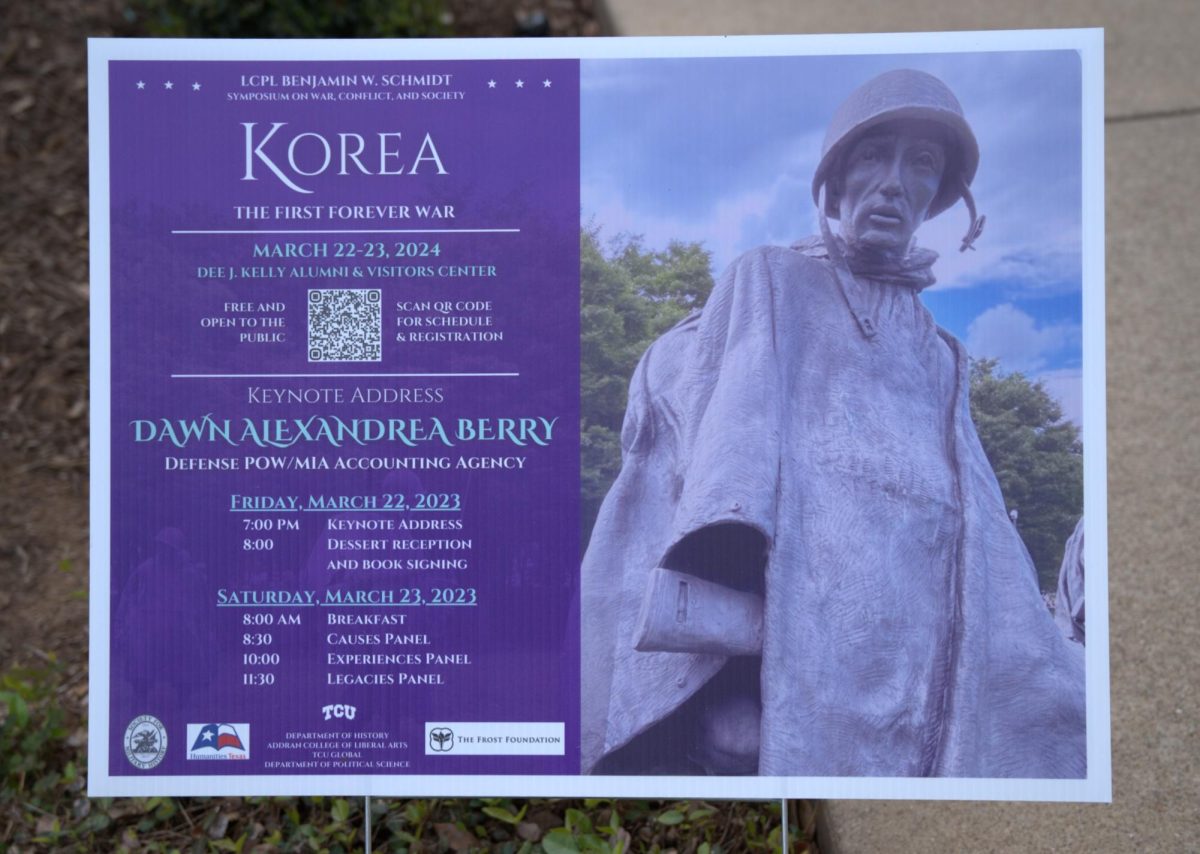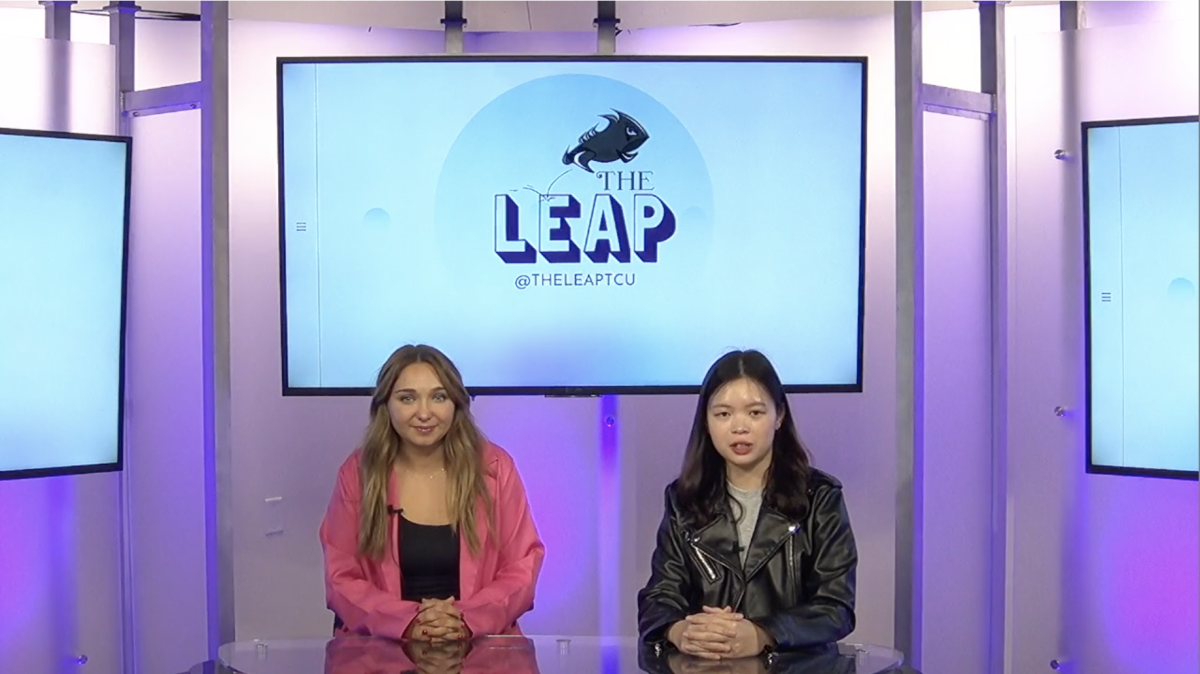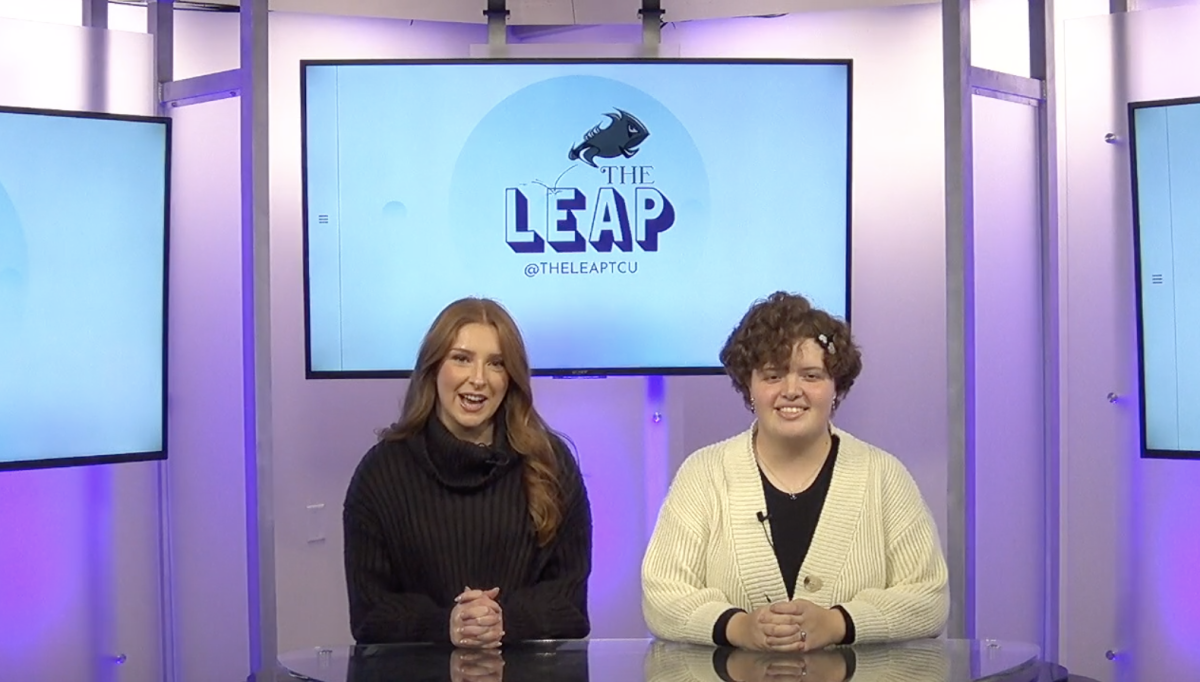A death is jarring to the soul. It forces you to assess your mortality and take ownership of the quality of life you are currently leading. In a 2009 article in Clinical Psychology Review entitled “Moral Injury and Moral Repair in War Veterans: a preliminary model and intervention strategy,” claimed those who are witnesses of war are considered by the United States Department of Veteran Affairs's National Center for Post Traumatic Stress Disorder, to be morally injured if the events “transgress deeply held moral beliefs and expectations."
Greg Campbell, a 66-year-old helicopter pilot who served in four wars over 25 years in the military, visits the Veteran Affairs PTSD clinic in Dallas once a week for cognitive based therapy. He spoke with me about his experiences interacting with society after each of his returns from war. He could not reconcile how although civilians have freedoms in the United States, “our society has been so sheltered from the horrors of war or watching friends die that we don’t have empathy for the sacrifices made by those who serve and their families.” He felt this was worse for the young men and women serving back to back tours in our current military conflicts. Many people, he believes, “feel entitled for the freedoms they wield, such as freedom of speech, religion,” and my favorite, “opinion." How do we, as a consciously aware society, create a compassionate space for veterans like Greg?
Many have thought over the years that being morally injured was simply a condition of PTSD, yet within Brite Divinity School a new discussion is being shaped in the Soul Repair Center. Here, the focus of the conversation is on recovery and, in time and with hope, prevention. The center was established to focus awareness on the thousands of veterans who are usually privately suffering with symptoms ranging from shame, anxiety, guilt and anger to withdrawal, alcoholism, self-harming and total withdrawal from society. Dr. Coleman Baker, an adjunct professor at Brite Divinity School and the program manager of the Soul Repair Center, said that The Soul Repair Center "is dedicated to research and public education about moral injury, which is an inner conflict that arises from an experience that is at odds with one’s moral beliefs.”
The Soul Repair Center’s website, further explains that the center will create a “think tank” to identify paths to recovery and create a space for “liturgical and spiritual resources from religious and moral traditions that draw on long-standing ways for returning combatants to civilian life.” With mainstream companies such as Cisco, AT&T, Verizon, EMC and JPMorgan Chase pledging to hire 100,000 veterans by the end of 2020, according to Military.com, many veterans within our workforce and society will need the empathy of a grateful nation to support their reintegration with society. How will we accomplish this without open dialogue and the necessary tools to support each other and our veterans?
To meet this need the Soul Repair Center will be hosting an event on Nov. 11, Veterans Day, with presentations and discussion aiming to create a space for healing, awareness and education. Not only is this needed but I am certain it will be appreciated. However, this is one group, in one space, in one location and I believe we need to and can do more. Has our society completely forgotten about simple decency and respect for elders and those who serve the community, such as our military veterans? The website of Volunteers of America, states, “According to a December 2011 survey, 67,495 veterans are homeless on any given night…which is greater than the number of service persons who died during (the Vietnam War).“
Sadly, many homeless veterans are not able to successfully navigate reintegration into society after returning home from war, due to PTSD or moral injury symptoms. This was the case with my brother, a Vietnam-era veteran, who simply “dropped out” of society all together. To reach out to veterans, and the homeless in general, Steph Stance, owner of FreeBadNews.Com, suggested distributing gently-used school bags filled with unused hotel toiletries. This grassroots idea was something Stance and her friends would get together and do once a month. It is a simple and compassionate way to recognize homeless individuals as being a part of society in need and yet still acknowledging their freedom to make personal choices about their personal level of comfort to integrate more fully with society.
TCU and Brite students, in my opinion, are known for being compassionate, aware and active participants within society. We are compelled by our professors to think further, ask more and take action. I urge us as we get closer to Veterans Day not to simply use the holiday to hide behind Facebook, sleep in all day, or watch television, but instead choose to get involved. How can you make a difference for a veteran today?
Jessica Jean Dollarhide is a first year Masters of Divinity student from San Francisco, CA.





